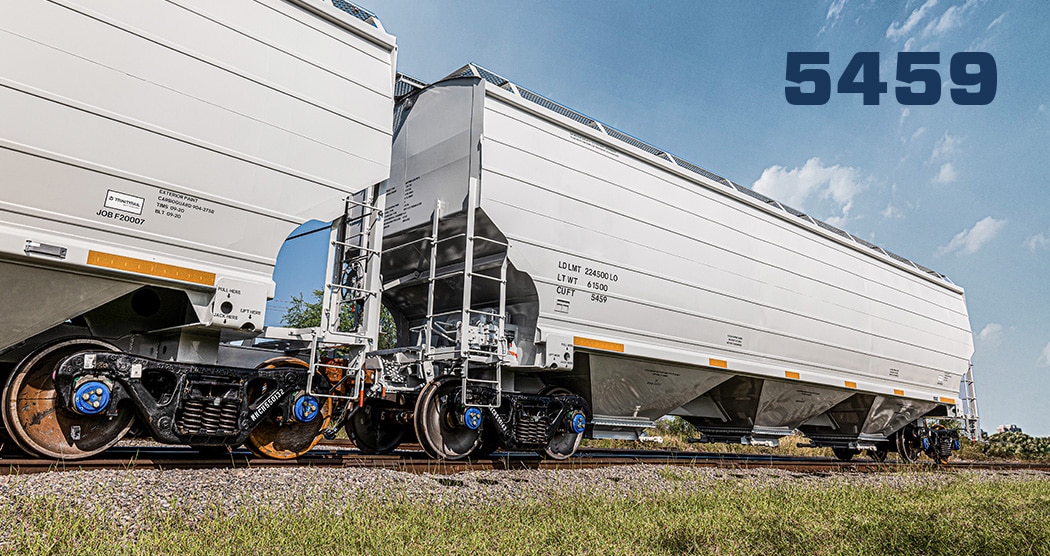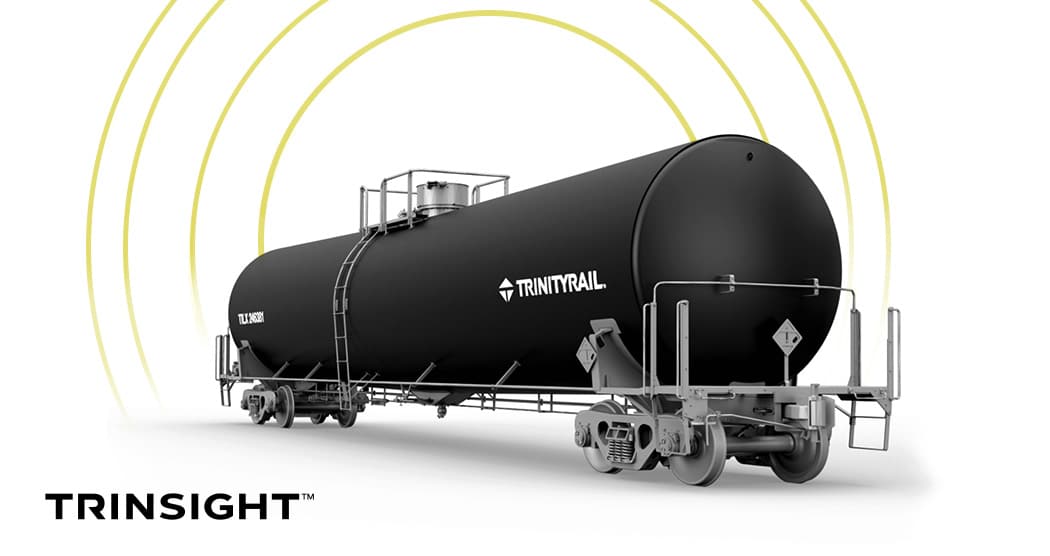In February 2020, E. Jean Savage was
appointed Chief Executive Officer
and President of Trinity Industries,
Inc. TrinityRail, composed of the rail
businesses of Trinity Industries, operates an industry-leading platform
of railcar leasing, manufacturing, and
services businesses, which is highly
customer-centric.
A month after Savage and her
management team set out to transform the company’s operating strategy, redefine the TrinityRail vision,
and align the business values and the
organization, the global pandemic
hit and took hold. But the Covid-19
outbreak never put Savage’s transformation plans on hold.
“You would think the pandemic
would have hurt the process, but it
actually gave us more of an emphasis,” says Savage, who came from
Caterpillar Inc.’s Surface Mining &
Technology division, where she oversaw the end-to-end value chain.
“What our people accomplished in
the midst of a global pandemic is
nothing short of extraordinary. “The
focus was, ‘We can’t wait, we need to
get this work done.’”
The entire rail industry needed to
have that same focus during the early, uncertain days of the pandemic.
“Communities were depending
on getting these products from rail,”
says Savage, who in her 17 years at
Caterpillar also held executive positions at the company’s Progress Rail
subsidiary. “We were considered an
‘essential business’. We had to get
those supplies to different areas.”
Rail is an essential link in the economic chain. Day in, day out. Pandemic or no pandemic, as essential
as rail is, it’s losing modal share.
“Rail is the lowest cost, most sustainable mode of land-based transportation for many commodities,”
says Eric Marchetto, Executive Vice
President and Chief Financial Officer. “So why are we losing share? We
think there’s a service gap.”
What could TrinityRail do to help
close the gap? How could a rail supplier
retool, or reconsider its role — for its own
good, certainly, but also for the greater
good of rail? To help rail get back on the
road to regaining modal share?
The TrinityRail brain trust spent
part of last year considering those
questions. They made substantial
progress in rationalizing the Trinity
footprint, and optimizing its corporate cost structure and balance sheet
— all while maintaining safe operations through the Covid-19 outbreak
and delivering high-quality products
and services to customers.
And now, TrinityRail has a new
vision and value proposition, a new
operating model, and a new company purpose: “Delivering Goods for
the Good of All.” All as in TrinityRail
employees and customers. All as in
every link in the supply chain. All as
in all who depend on that chain.
“We thought those words — “for
the good of all” — made sense,” Savage says. “We know we’re not the
whole supply chain, but we are an
integral part of it.”
- Products
-
Services
- Innovation
- Solutions
- Maintenance
- Parts
- Leasing

